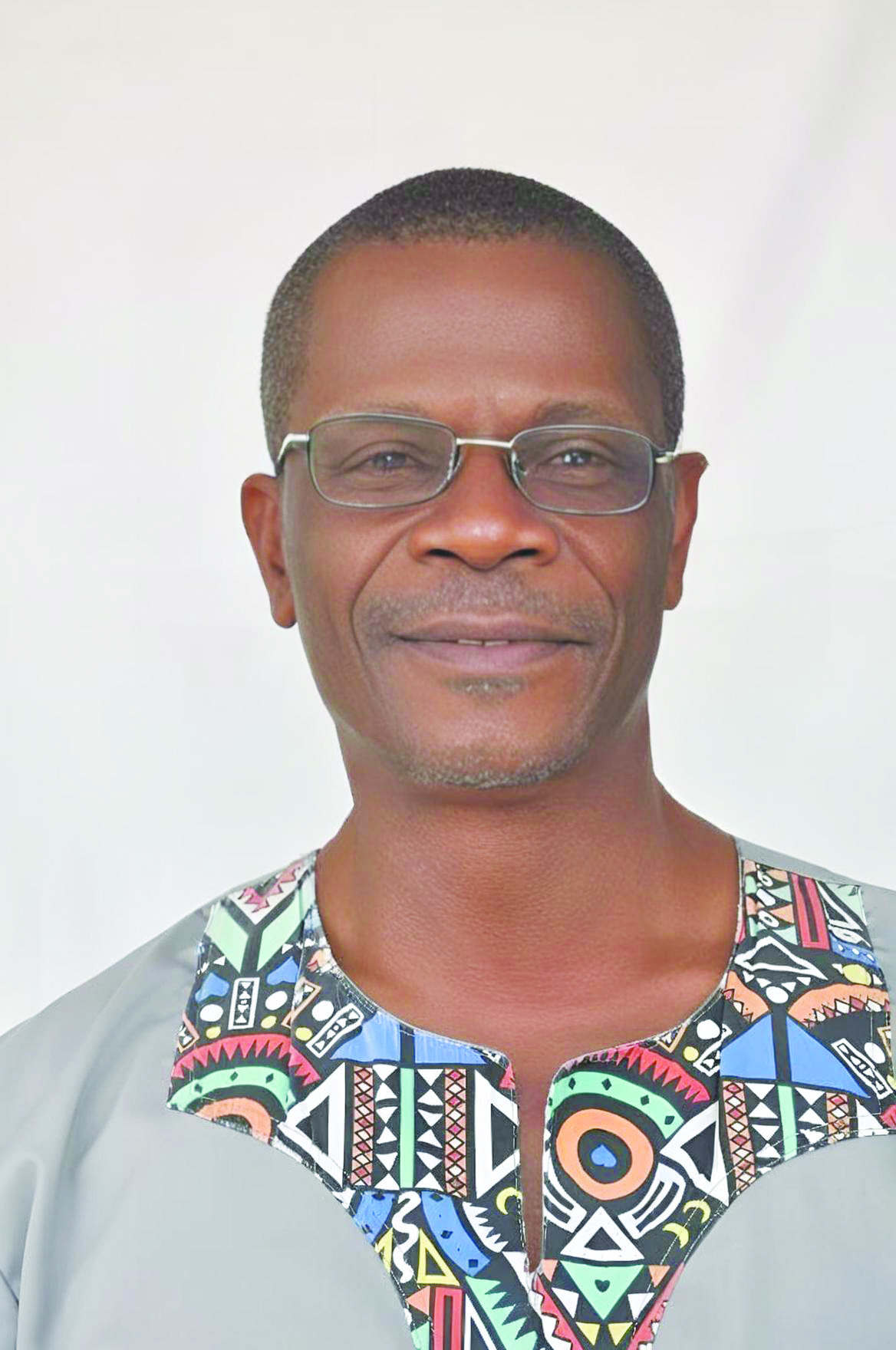ZAMBIA currently has diplomatic relations with a number of Caribbean states. Its diplomatic mission in Ottawa, Canada’s capital, enjoys extra-territorial accreditation to a number of Caribbean states.
These include Antigua and Barbuda, The Bahamas, Cuba, Grenada, Jamaica, St. Lucia, Trinidad and Tobago, and St. Vincent and the Grenadines.
In addition, three Caribbean diplomatic missions based in Pretoria, South Africa – Guyana, Jamaica, and Trinidad and Tobago – enjoy extra-territorial accreditation in Zambia.
Also, Jamaica has appointed an honorary consul to Lusaka.
As for the earlier story of Zambia’s diplomacy and foreign policy in relation to the Caribbean, it goes back almost to the very beginning of the country’s independence on October 24, 1964.
And much credit must go to Zambia’s founding President Kenneth Kaunda as the father of the nation.
Shortly after independence, for example, Dr Kaunda appointed now veteran politician Vernon Mwaanga as ambassador to the United Nations with extra-territorial accreditation to a number of Caribbean countries such as Guyana, Jamaica, The Bahamas, and Trinidad and Tobago.
Further, Dr Kaunda actively recruited, with the assistance of Dr Mwaanga, a number of civil servants from Guyana, Jamaica, as well as Trinidad and Tobago.
This Caribbean recruitment was meant to help boost the somewhat fledgling civil service that Zambia inherited from Britain, its former colonial master.
The testimony of a young and single secretary at the time when she was recruited in 1972 from Guyana and now a retiree, a widow whose husband was Zambian, a proud parent and grandparent, is instructive.
She writes: “I was working at the Ministry of Housing and Reconstruction [in Guyana] when my minister Cammie Ramsaroop accompanied Prime Minister Forbes [Burnham] to Zambia in 1970.
“The first batch of three from Guyana arrived in 1970 – Wegman, Monica Anderson and Leona Hutson.
“Actually, Minister Ramsaroop spoke very highly of Zambia and KK and then gave me a task to post him back a copper table. He actually encouraged me in the 1972 second batch, hence I am in Zambia today.”
What further enhanced Zambia’s diplomacy and foreign policy in relation to the Caribbean was Dr Kaunda’s highly influential presence in the Non-Aligned Movement (NAM), to which a number of Caribbean countries also belonged.
In September 1970, he hosted the NAM Summit in Lusaka. That summit precipitated the state visit of Prime Minister Burnham of Guyana, to whom reference was made earlier.
Later, Dr Kaunda would visit both Grenada in 1979 and Cuba in 1989, which even established an embassy in Lusaka.
In fact, upon his passing, PJ Patterson, former Prime Minister of Jamaica and now statesman-in-residence and director of the PJ Patterson Institute for Africa-Caribbean Advocacy at the University of the West Indies (The UWI—Mona/Jamaica campus), wrote a glowing tribute to Dr Kaunda, referring to him as a colossus within NAM.
Patterson first met Dr Kaunda when he attended the NAM Summit in Jamaica.
Dr Kaunda would also interact with some other Caribbean stalwarts like late Eric Williams, former Prime Minister of Trinidad and Tobago.
And lastly, and perhaps not surprisingly, Dr Kaunda was held in the highest esteem within the Caribbean as one who also spearheaded the liberation struggle throughout southern Africa. Cuba and Guyana, for example, even provided military assistance in the struggle.
Conclusion
Based on the foregoing in which we have briefly outlined the long and strong diplomatic and foreign policy relations between Zambia and the Caribbean, perhaps it is not inappropriate that an appeal is made.
Appeal made in closing, to the nation, to continue building on that rich and enviable legacy which has its genesis in the policies and practices of the father of the nation himself.
That is, Zambia, known for its peace-loving and generous people worldwide, can and perhaps should emerge as the leader of the way among African Union (AU) member states in taking some practical steps, as Ghana has done, to help further consolidate its diplomatic and foreign policy relations with the Caribbean.
That might entail, for example, creation of an even more enabling environment in which those who opt to settle in Zambia from the Caribbean, it being an influential part of the sixth region of the AU, should be warmly welcomed.
They should even be encouraged to stay and contribute both minds and means to the further development of the country.
And, in the process, they can become beneficiaries of what the continent has to offer in terms of further enhancement of their African sense of self.
May that come to pass sooner rather than later!
The author is of Caribbean origin and is coordinator of the Lusaka branch office of Dag Hammarskjöld Institute for Peace and Conflict Studies, Copperbelt University.


